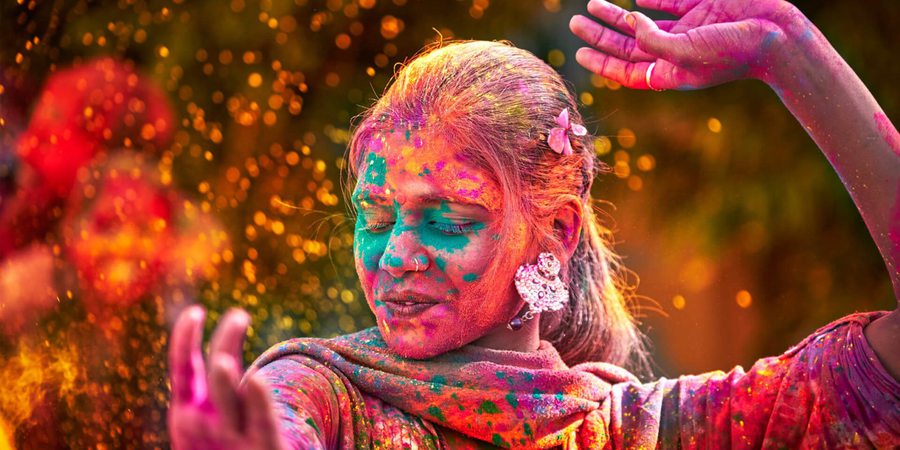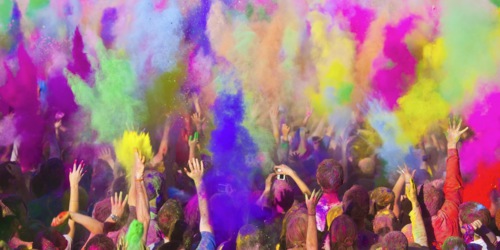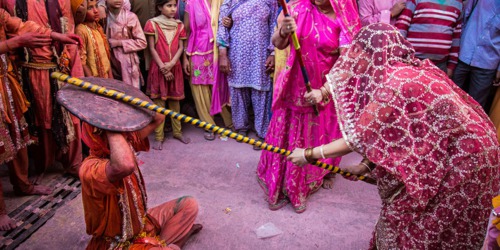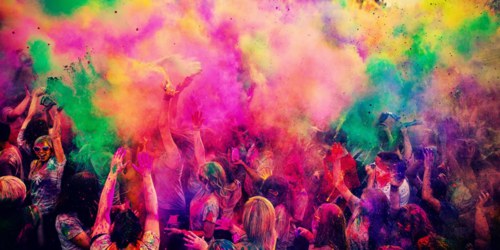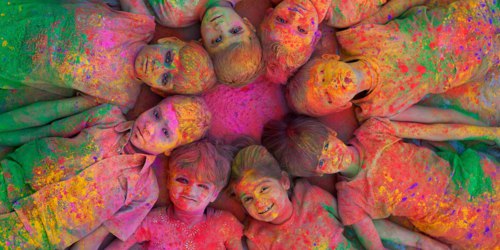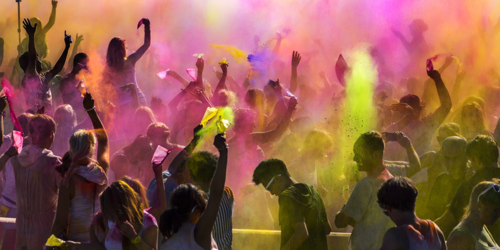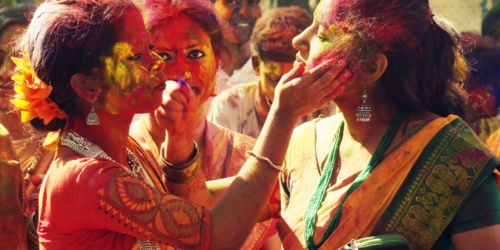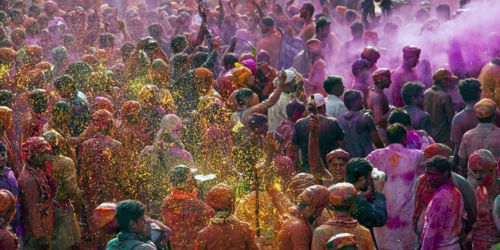The Hindu population in Mauritius, celebrates the Holi festival by splashing everyone who crosses their way with colored water and powder, singing and dancing.
The Holi festival is an Indian festival of fire and colors. Holi is an ancient Hindu religious festival that has become popular with non-Hindus in many parts of South Asia, as well as people of other communities outside Asia. The festival has recently spread to parts of Europe and North America as a spring celebration of love, frolic, and colors.
Holi was originally an agricultural festival to commemorate the arrival of spring with its vibrant colors. It’s also a great occasion for Hindus to get together and celebrate. Young and old, rich and poor, employers and employees, all celebrate the Festival of Colours together. It’s a day to forget your problems and be merry.
Is Holi a Public Holiday? Holi is not a public holiday. Businesses have normal opening hours.
The Holi festival is an Indian festival of fire and colors. Holi is an ancient Hindu religious festival that has become popular with non-Hindus in many parts of South Asia, as well as people of other communities outside Asia. The festival has recently spread to parts of Europe and North America as a spring celebration of love, frolic, and colors.
Holi was originally an agricultural festival to commemorate the arrival of spring with its vibrant colors. It’s also a great occasion for Hindus to get together and celebrate. Young and old, rich and poor, employers and employees, all celebrate the Festival of Colours together. It’s a day to forget your problems and be merry.
Is Holi a Public Holiday? Holi is not a public holiday. Businesses have normal opening hours.

